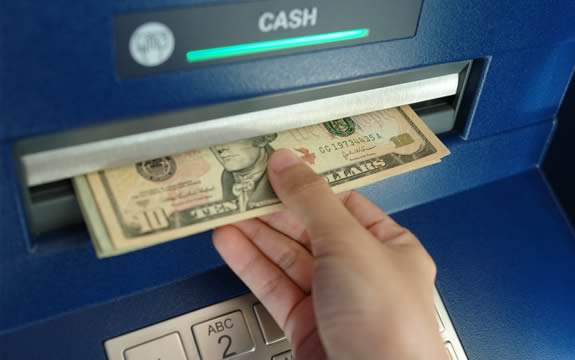 The world’s central banks have a problem.
The world’s central banks have a problem.
When economic conditions worsen, they react by reducing interest rates in order to stimulate the economy. But, as has happened across the world in recent years, there comes a point where those central banks run out of room to cut — they can bring interest rates to zero, but reducing them further below that is fraught with problems, the biggest of which is cash in the economy.
In a new piece, Citi’s Willem Buiter looks at this problem, which is known as the effective lower bound (ELB) on nominal interest rates.
Fundamentally, the ELB problem comes down to cash. According to Buiter, the ELB only exists at all due to the existence of cash, which is a bearer instrument that pays zero nominal rates. Why have your money on deposit at a negative rate that reduces your wealth when you can have it in cash and suffer no reduction?
Cash therefore gives people an easy and effective way of avoiding negative nominal rates.
Buiter’s note suggests three ways to address this problem:
-
Abolish currency.
-
Tax currency.
-
Remove the fixed exchange rate between currency and central bank reserves/deposits.
Yes, Buiter’s solution to cash’s ability to allow people to avoid negative deposit rates is to abolish cash altogether. (Note that he’s far from being the first to float this idea. Ken Rogoff has given his endorsement to the idea as well, as have others.)
Before looking at the practicalities of abolishing currency, we should first look at whether it could ever be necessary. Due to the costs of holding large amounts of cash, Buiter puts the actual nominal rate at which the move to cash makes sense as closer to -100bp. So, in order for a cash abolition to become necessary, central banks would need to be in a position where they wished to set nominal rates much lower than that.
Buiter does not have to go far to find an example of where a central bank may have wanted to set interest rates much lower to -100bp. He uses (a fairly aggressive) Taylor Rule to show that Federal Reserve rates should have been as low as -6 percent during the financial crisis.

It seems Buiter is correct: Sometimes strongly negative nominal rates are called for.
Buiter is aware that his idea may be somewhat controversial, so he goes to the effort of listing the disadvantages of abolishing cash.
-
Abolishing currency will constitute a noticeable change in many people’s lives and change often tends to be resisted.
-
Currency use remains high among the poor and some older people. (Buiter suggests that keeping low-denomination cash in circulation — nothing larger than $5 — might solve this.)
-
Central banks and governments would lose seigniorage revenue.
-
Abolishing currency would inevitably be associated with a loss of privacy and create risks of excessive intrusion by the government.
-
Switching exclusively to electronic payments may create new security and operational risks.
Buiter dismisses each of these concerns in turn, finishing with:
In summary, we therefore conclude that the arguments against abolishing currency seem rather weak.
Whatever the strength of the arguments, the chances of an administration taking the decision to abolish cash seem vanishingly small.
Bloomberg
-

Leave a Reply
You must be logged in to post a comment.